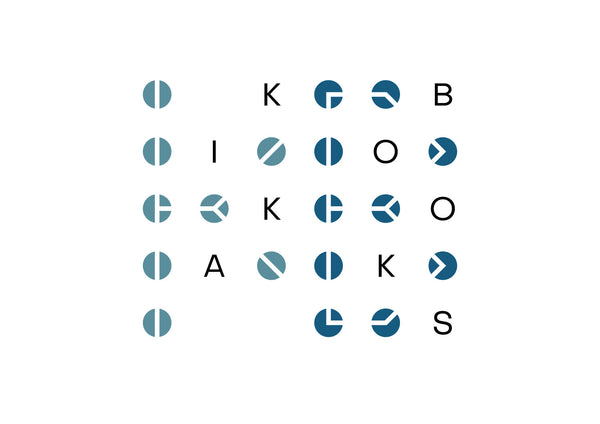Introduction to the Study of Schelling's Political Philosophy: The Writer of the Anti-Political Apocalypse
Introduction to the Study of Schelling's Political Philosophy: The Writer of the Anti-Political Apocalypse
Couldn't load pickup availability
Introduction to the Study of Schelling's Political Philosophy: The Author of an Anti-Political Apocalypse
At a time of great historical change, Schelling intervened politically in his own way. In this book, I would like to call his unique political nature "antipolitik" - to distinguish it from "unpolitisch." I will explain the implications of this in detail in the introduction to this book, but for now, what is important is that it is an endeavor to actively restrict the penetration of rule by law and the state into human life. It can also be rephrased as (meta)politics, a way of not being ruled by politics. (From the book)
Author: Norito Nakamura
Publisher: Jinbun Shoin
Number of pages: 350p
Size: 195mm
Publication year: 2025 / First edition
Price: 3,200 yen + tax
Condition: New
table of contents
-------------------------------
Preface: Philosophy and Religion as Anti-Political Theology: Why Schelling Now?
Introduction: Schelling Between Orthodoxy and Revolution: A Summary of Previous Research
Section 1: What does “politics” mean for Schelling?
Second Section: Recognition as an apolitical thinker or a reactionary conservative thinker (1950s to early 1960s)
Third Section Evaluation in relation to materialism and the Young Hegelians (late 1960s to late 1980s)
Fourth Section: Towards Schelling himself! - Attention to his seminary years and the March Revolution (1990s)
Fifth Section: On the distinctiveness of Schelling's political thought: anti-politics and political theology (2000s- 2010s)
6th Section Three main theses and overall structure of this paper
Chapter 1: The new myth and its prehistory: the discourse surrounding the young Schelling
Section 1: A brief history of Schelling's life
1. The Early Period: From the Founding to the Tübingen Theological Seminary Period (1775-1790)
2. Early period: from his debut in the literary world to his time at the Tübingen Theological Seminary (1775-1790)
3. Middle period: From the failure of "The Ages of Worlds" to the beginning of positive philosophy, and to Berlin (1809-40)
4. Later period: The construction of the "philosophy of myth" and the "philosophy of revelation" in Berlin (1841-54)
…others
-------------------------------
ISBN: 978-4409031377
Share


